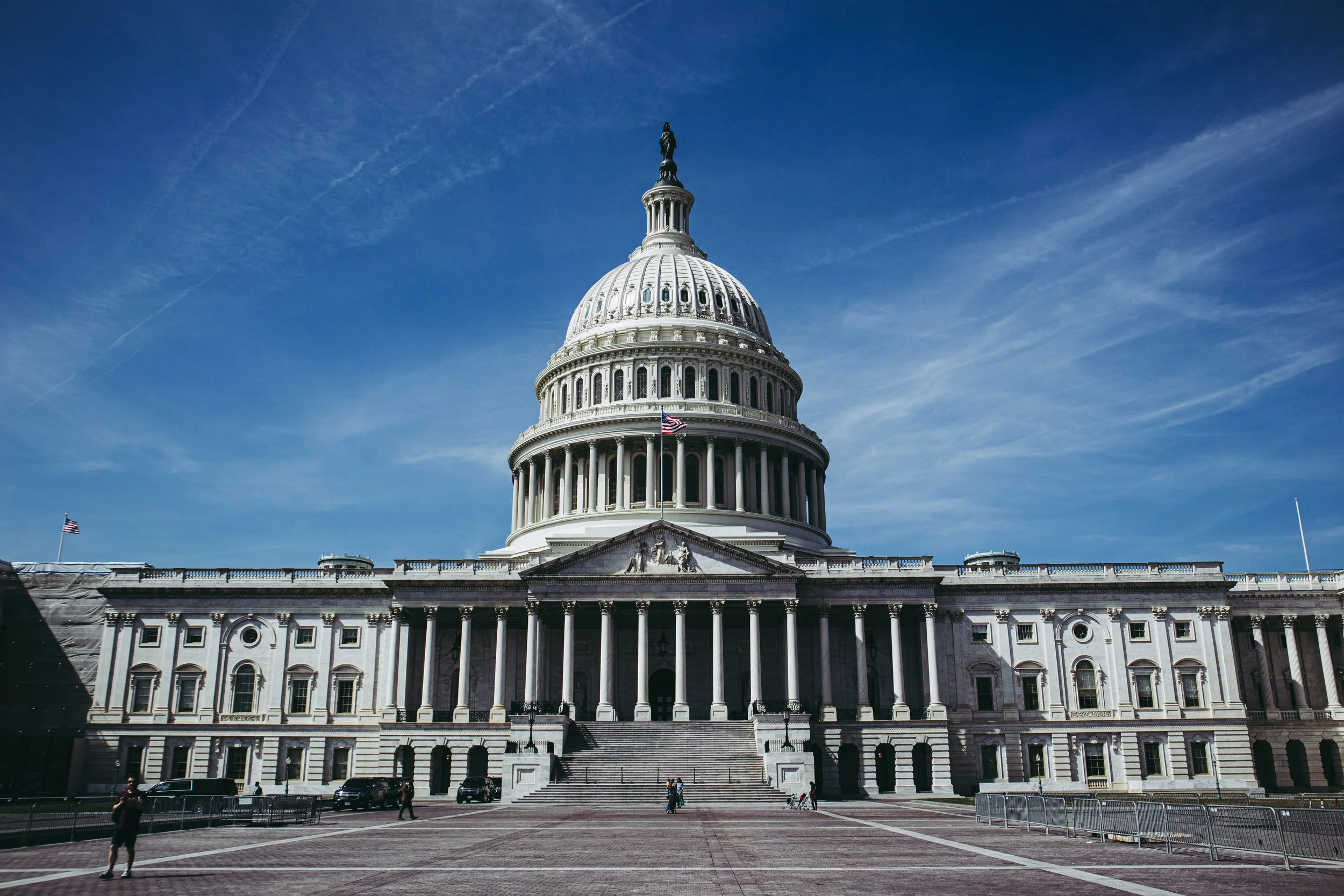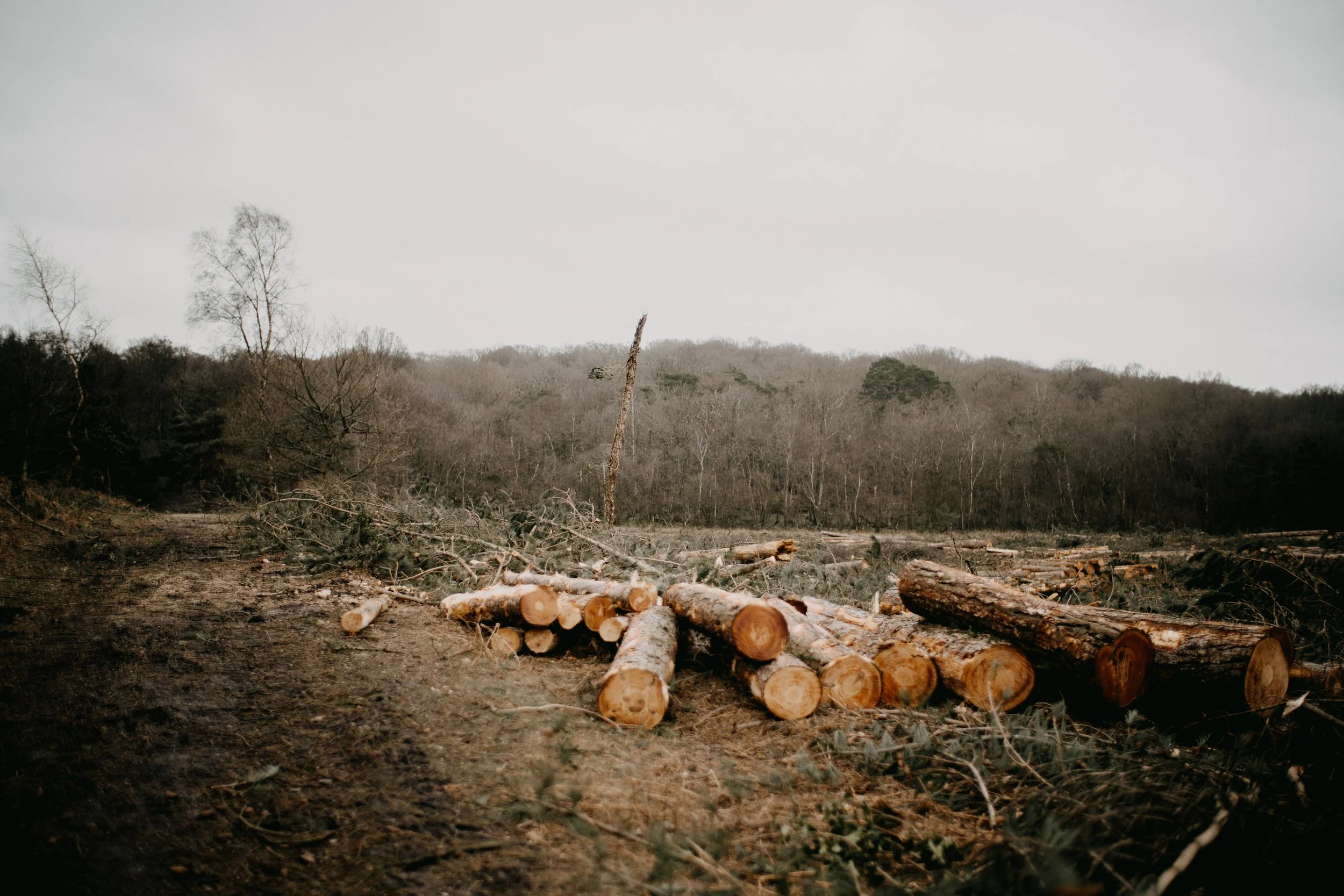By putting equity at the center of California's lithium development plans, the state has an opportunity to turn the Salton Sea environmental disaster into a catalyst for environmental justice, green jobs and economic development. With the support of The Solutions Project, Luis Olmedo of Imperial Valley's Comite Civico del Valle calls on state leaders to listen to the experts - those who represent Imperial County government, unions, environmental justice and public health groups and local chambers of commerce - as the Golden State plans and develops this vital clean energy resource.
Read MoreOn LinkedIn, energy expert Pat Stanton of E4TheFuture highlights one of the most exciting features of the Senate’s Inflation Reduction Act: a historic $9 billion investment in making U.S. homes more energy efficient. This important piece of legislation will help address climate change, create over one million jobs, and save families money on their energy bills. Talk about a triple win for the environment, the economy, and equity.
Read MoreAs heat waves become longer, hotter, and more dangerous in California, vulnerable people need cooling immediately. Dr. David Eisenman of the David Geffen School of Medicine and the UCLA Center for Healthy Climate Solutions and V. Kelly Turner of UCLA’s Luskin Center for Innovation explain how chief heat officers can save lives if they direct their efforts first and foremost to frontline communities.
Read MoreU.S. forests are under attack. Government leaders and even giants in the environmental movement like The Nature Conservancy seem to have a willful blind spot about just how damaging logging and the wood products industry are for frontline communities. With the support of The Solutions Project, Rev. Leo Woodberry of New Alpha Community Development Corporation and Katherine Egland of the NAACP and EEECHO (Education, Economics, Environmental, Climate and Health Organization) call for the advancement of real climate solutions that put people - not profit – first.
Read MoreIn honor of Juneteenth, Solutions Project grantee and Chicago-based national environmental justice and economic development organization Blacks in Green (BIG) created two new sustainable, innovative green infrastructure spaces - called the Prairie Rainwater Parkway Garden – at the organization's Mamie Till-Mobley Forgiveness Garden, a key feature of BIG’s Sustainable Square Mile project in historic West Woodlawn.
The Prairie Rainwater Parkway Garden will provide rainwater management, conserve water, improve habitat, provide cooling shade for residents, and create beautiful spaces for this historic neighborhood.
Read MoreConsidered a laggard when it comes to community solar, California is now moving to make solar more accessible for low-resource and communities of color. AB2316 would create a new statewide Community Renewable Energy Program – a program aimed at bringing solar to low-resource Californians, communities of color and renters. In an opinion article in the Fresno Bee The Solutions Project grantee the Asian Pacific Environmental Network (APEN), explains why the law would be a climate and environmental justice win for low resource Californians and communities of color who are struggling with high utility bills.
Read MoreCalifornia environmental justice leaders with the Central Valley Air Quality Coalition and Solutions Project grantee Little Manila Rising are working together to make AB 2550 a law and empower the California Air Resources Board to provide technical and other support to help clean up the air in the San Joaquin Valley. The bill – just passed by the California Assembly - would help create a healthier future for frontline communities in the San Joaquin Valley where people breathe some of the dirtiest air in the nation.
Read MoreFor Earth Week, Naomi Davis of Blacks in Green participated in a panel on Chicago Tonight Black Voices and Latino Voices to discuss how air pollution and climate change disproportionately affect communities of color in the Chicagoland area, and the solutions that are underway, including BIG’s Sustainable Square Mile Initiative.
Read MoreCalifornia environmental justice leader Dillon Delvo of Little Manila Rising, which advocates for those disproportionately harmed by climate change and dirty energy, recently issued a plea to the Biden administration. As the administration moves forward with its landmark Justice40 Initiative, he asks for a “grassroots up” approach. Putting federal dollars directly into the hands of marginalized communities is the best way to grow and replicate programs that are making a real difference in Black, brown and under-resourced communities.
Read MoreIn Blavity, Naomi Davis of Blacks in Green writes a powerful op-ed that counters the typical Earth Day focus on the importance of individual action on climate and environment issues. Instead, she highlights that working with your community on local climate and sustainability efforts is where your efforts can really pay off.
Read MoreIn Smart Cities Dive, IMPEL+ Director Reshma Singh highlights ways to support entrepreneurs in bringing their building decarbonization technologies to market.
Read MoreIn honor of Black History Month, The Solutions Project has launched the second annual Black Climate Week, which runs Monday, February 21 through Friday, February 25. Every year, the campaign focuses on a different theme related to Black leadership in the climate movement. This year, the campaign celebrates the work of 14 organizations that are spearheading climate justice solutions that are rooted in Black history.
Read MorePG&E fire survivors are now on the hook to bail out the utility if it starts another devastating fire. Reclaim Our Power - a campaign mobilizing utility ratepayers including social justice advocates - calls out Governor Gavin Newsom’s decision to grant PG&E a safety certificate, or as advocates call it a “license to burn.” In the wake of being called a “continuing menace” by a federal judge, the utility can now tap into a multi-billion-dollar fund, paid into by ratepayers, to repay itself if PG&E starts another fire.
Read MoreCalifornia’s landmark environmental justice law, AB617, is supposed to clean the air in frontline communities – a first step in cleaning up the toxic legacy of redlining. After four years and $1 billion spent, local environmental justice leaders warn communities are being ignored and emissions reductions are not happening. CalMatters spotlights Stockton’s Little Manila Rising and why we cannot afford to get this wrong.
Read MoreOur client Pack4U has acquired the leading pharmacy technology company Catalyst Healthcare. Together, they’re making in-home healthcare more personalized and effective – an approach that will help address the $528 billion problem of non-optimized medication therapy.
Read MoreOur client Climate Finance Advisors helps manage a critically important partnership between the EU and the U.S. Climate Alliance on climate risk and resilience. We produced a multi-media presentation with the details.
Read MoreIn Native News Online, Climate Justice Alliance co-director Ozawa Bineshi Albert calls for real community solutions in the wake of COP26, rather than net zero schemes, to solve the climate crisis. She calls on government and industry to look to frontline communities for leadership and guidance. These individuals and groups - with the fewest resources to fight climate change - are making a real difference locally.
Read MoreThe co-owner of Ideal Air Conditioning and Insulation in Phoenix tells the Phoenix Business Journal that policymakers should embrace energy efficiency policies to create jobs and save families and businesses money on their utility bills. In the U.S., energy efficiency already employs more people than oil, coal or gas.
Read MoreExtreme heat kills more Californians than any other side effect of climate change, and as the world warms, the threat rises. A new report from the UCLA Luskin Center for Innovation details the problem and proposes solutions.
Read MoreA $1 million grant from JPMorgan Chase will support the North Miami Community Investment Cooperative, a commercial property to be cooperatively owned and operated by small-dollar investors in the neighborhood. Catalyst Miami designed the initiative to fuel wealth-building, boost local businesses, and promote self-determination for residents of North Miami’s low-income communities, so they can decide how their own neighborhoods grow and prosper.
Read More



















